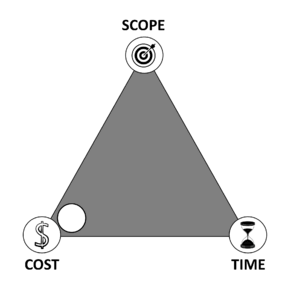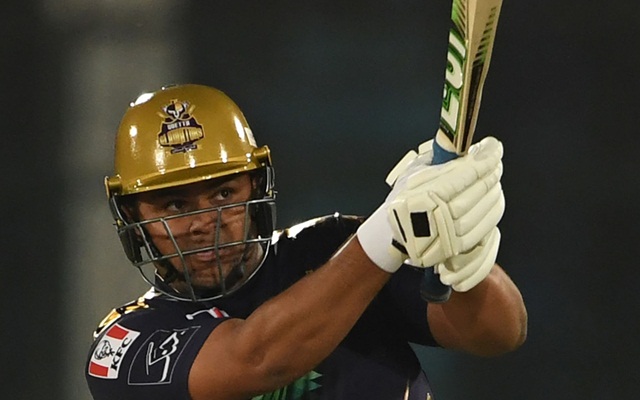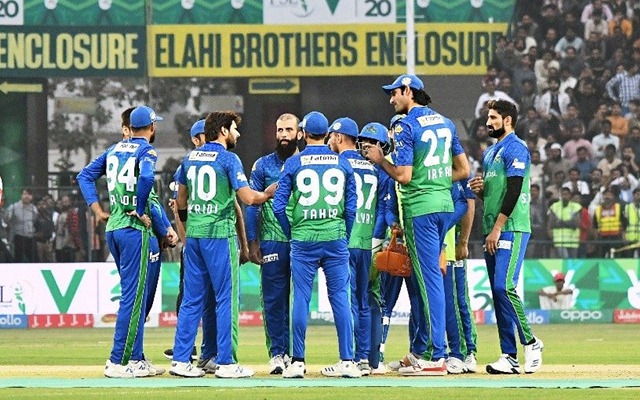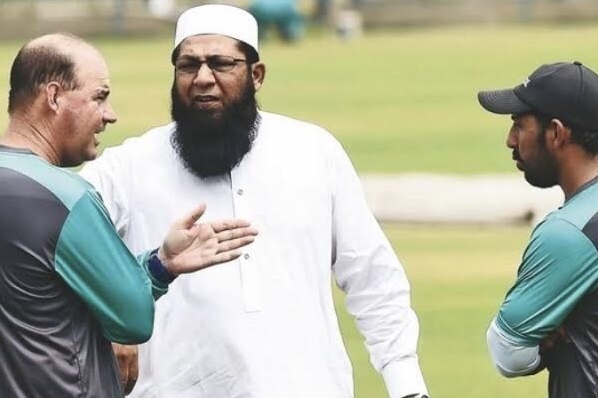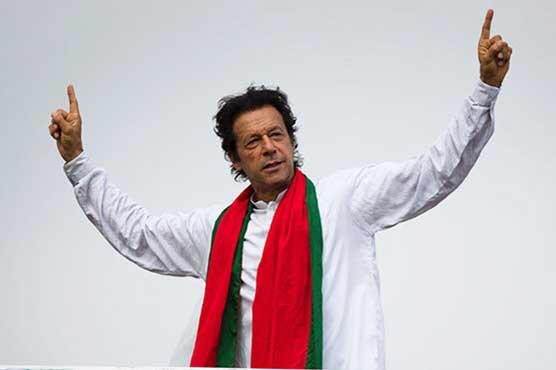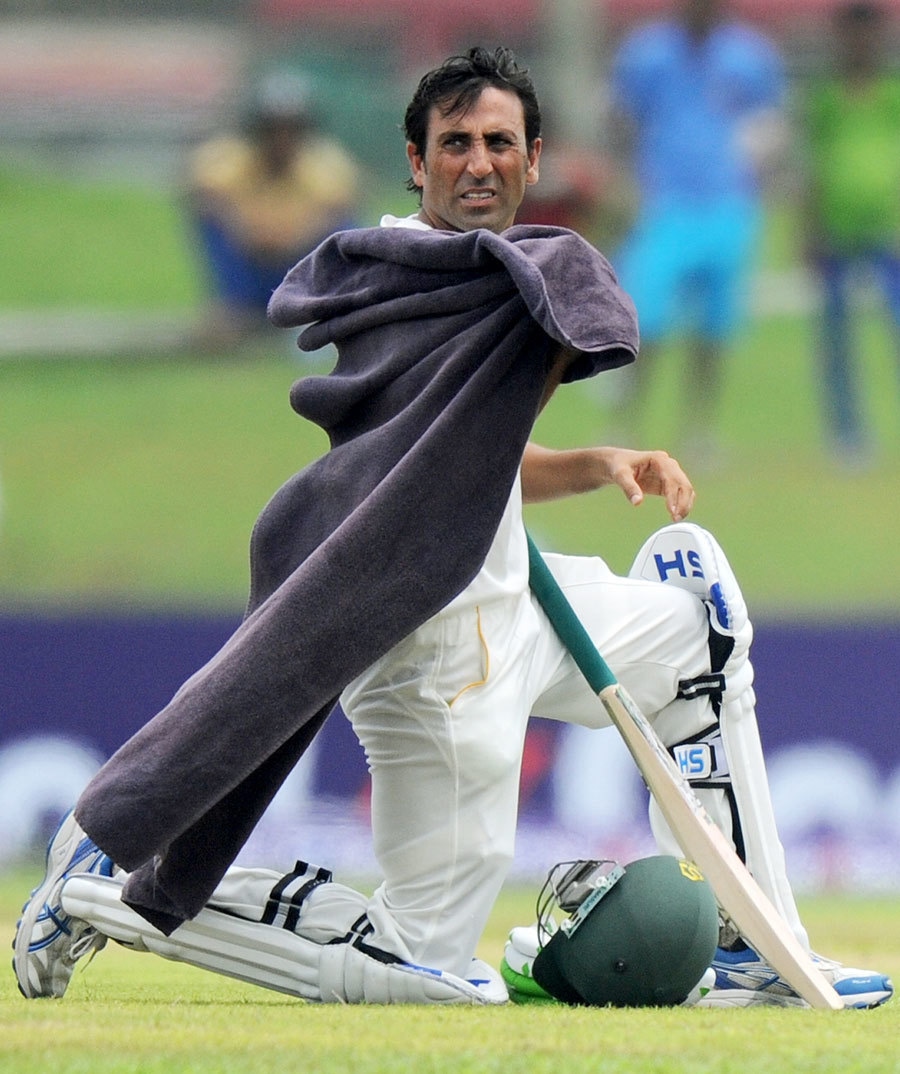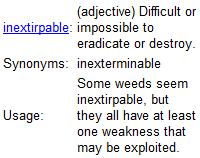Most good organizations these days have finally started realizing that the best investment they can make is the one made in the area of human resources. William R. Tracey, in “The Human Resources Glossary,” defines Human Resources as: “The people that staff and operate an organization.” This pretty much sums up why ‘people’ are important for organizations and why they should be given their due share of respect and value. At the same time, it also becomes doubly important for organizations to onboard the right people for the right job, and at the right time too, may I add.
Who is the ‘Right’ person?
‘Right’ has different meanings for different organizations depending on the level of position, job description and the skill set, qualification and experience required to get the job done. There are however additional factors also that contribute towards defining the right fit for a particular position/ job. Some of those factors may be so overwhelming that they can influence the overall decision-making process for recruitment. Those factors may not necessarily be translated, reflected, quantified or documented into the candidate’s resume or list of achievements but they can rather define the style of working or the attitude that the candidate possesses that qualify them as the best fit for the job.
Who defines what’s ‘Right’?
Normally, two to three people are involved in the decision-making process when it comes to filling a vacancy at an organization. These include someone from the HR department, the line manager or team leader under whose supervision the new recruit is supposed to work, and the CEO of the organization (some modern day CEOs like to stay involved in the hiring process to ensure that people who are culturally fit for the organization are onboarded). For me, the most important input, when assessing a candidate for hiring, is the one that comes from the line manager/ team leader. I’ll tell you why.
Culture in an organization, for me, comes from the top and the HR department’s job should be to consolidate and promulgate that culture across the organization. If that is effectively and efficiently done, the line manager would have already been dyed in the colors of the organization. This, in essence, makes the job easier for the HR department and the CEO when it comes to onboarding new talent. So, if you ask me, the ‘right’ person to define what’s ‘right’ whilst hiring is the line manager.
What should you be looking for?
Different line managers have different approaches when it comes to going about recruiting talent. Some are old school and stick to the documentary requirement or the eligibility criteria mentioned in the job description which was handed over to them by HR. Others show a more proactive approach and discuss their requirements with the CEO and HR department in advance and take them in confidence with respect to any adventures which they might want to embark upon while they fill up the vacancy. Either way, the onus is on the line managers and they’re the ones who are questioned subsequently in case of a bad decision. Therefore, be very serious and thorough when it comes to defining what you want from who you hire. If you want any changes to be made to the job description of the position to be filled, do it before you start interviewing candidates so that you are clear about what you are looking for and you can transfer the same clarity to the interviewee as well.
Don’t look for another you!
While showing seriousness and giving attention to detail is critical when creating/ reviewing/ revising the job description of a particular position, it is also important to keep yourself realistic. In an endeavor to save costs and make more profit, most organizations these days are pushing the boundaries when it comes to expecting personnel to perform more than one job at a time. This results in line managers hoping for superman and wonder woman to appear in the interview for the job of a driver who could make excellent coffee too.
Be pragmatic. Do not mix roles. Do not confuse candidates with respect to what they would primarily be responsible for if they get hired. If you find they are capable of going beyond that, consider that as a bonus.
Secondly, and most importantly, please don’t think of yourself as Harvey Specter and do not look for another ‘you’. Even Mike Ross wasn’t another Harvey Specter if you look at him closely. The biggest mistake line managers make while evaluating candidates for a job is that they look for similarities between themselves and the candidate. That is where they narrow their approach and end up making the wrong decision. Stop considering yourself as the most perfect person in the organization and open up your mind to different kinds of people who can bring value to work in many different ways.
Look for a good and positive attitude. Hire people who are going to get the job done. May be not in the way you’ve always gotten it done in the past but mission accomplished, nevertheless. There are more ways than one to get the job done. Be open to different approaches and appreciate if someone has a different way of handling a problem. Trust me! You need people in your team who can challenge your ideas and come up with their own. It is better to do it within the team than getting told by the boss in a presentation why it wasn’t done in another way.
Look for people you can trust. Look for people you can groom and make them part of your succession planning. Don’t be afraid if they are different. If they have the raw material that makes them compatible with the culture of your organization and enables them to become a productive resource, bring them onboard and help them soar.
-Hammad A. Mateen
